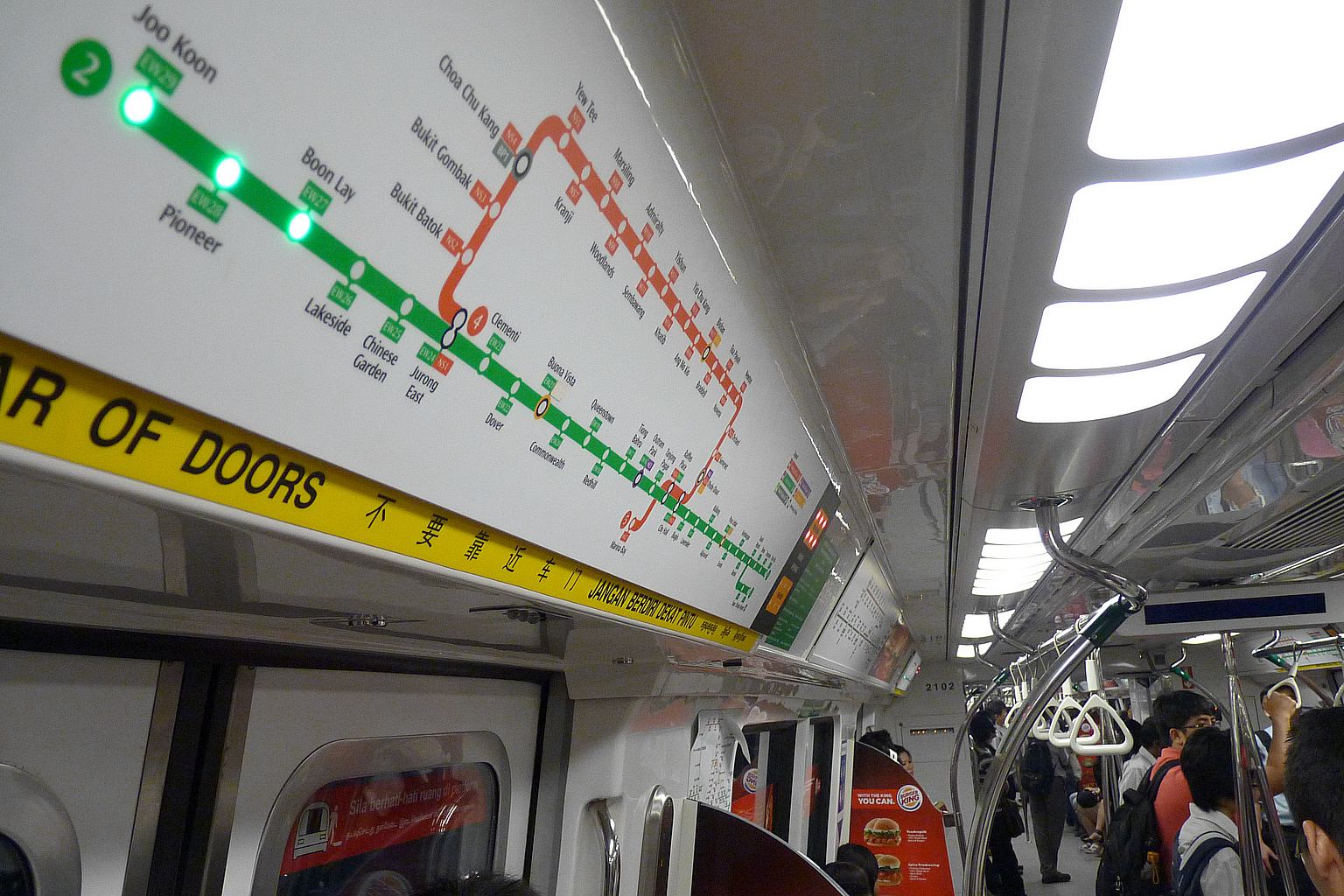In recent years, our legal profession has seen an open-door policy that allows foreign lawyers to practise law Singapore law in transactional matters. Yet, even though the rules are relaxed to admit foreign law practices into Singapore, there is still one category of foreign lawyers who remain subject to a long-standing strict legal regime for their admission here - Queens' Counsels.
The rules permit the admission of Queen's Counsels (or "QCs") for them to represent a litigant before our courts if the QC has, inter alia, special qualifications or experience pertaining to the case. This idea in the admission of QCs ensures that a real foreign talent is being allowed to represent a litigant in place of a local counsel. This same idea of "special qualifications or experience" should be considered as part of the criteria for allowing foreigners to take up any job in the category of Professionals, Managers, Executives and Technicians ("PMET") in Singapore where we are not short of suitable candidates.
It is a reasonable assumption that each job taken up by a foreign PMET in our job market means that one potential Singaporean candidate is displaced. The justification for doing so must be that the applicant is a "real foreign talent" who is not paid a less favourable remuneration package than that offered to a local candidate. Where a real foreign talent is recruited, there should be a requirement that a transfer of his/her knowledge and skills should take place during the tenure so as to upgrade the quality of our own local pool of PMETs. Any extension of the foreign PMETs' eligibility to continue working here should be supported with cogent reasons and corroborated by a statement from a local apprentice.
The construction industry has traditionally relied on foreign construction workers and there are not many Singaporeans who will consider taking up construction work except as foremen and project managers. Construction workers do not seem to pose a threat to our workforce and have become more or less indispensable. However, in the F&B industry, the need for cleaners, waiters, front service and other workers has not been adequately met by our local workforce because of low wages and a lack of pride in such jobs. In order to develop our own labour force to undertake the work that is now substantially taken up by foreign labour, we need to take a hard look at the costs of living that our workers at the lowest rung of our economic ladder are facing and how to inculcate job-pride.
There is a growing need for us to seriously consider whether minimum wages should be imposed to protect the rights of the most vulnerable groups in our workforce who contribute to the massive profits that many of our local companies are generating. The Progressive Wage Model advocated by NTUC to increase the salaries of workers in the cleaning and security industries, which is enforced only through licensing requirements,is in substance a minimum wage scheme and a step in the right direction, But more can be done to match up the wages to the minimum costs of subsistence.
Wages and work morale are not unrelated. In fact, low wages lead directly to low morale. Perhaps, there are business owners who will be genuinely troubled by wage increases because of their costs of doing business such are high rental costs. But if businesses are taking care of their workers, then the state with all its resources, ought to step in to see how they could help these businesses.

